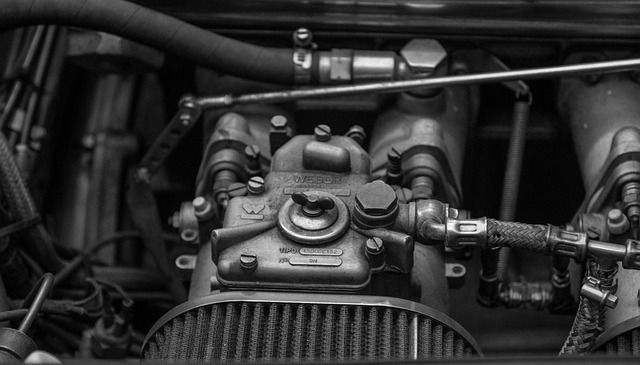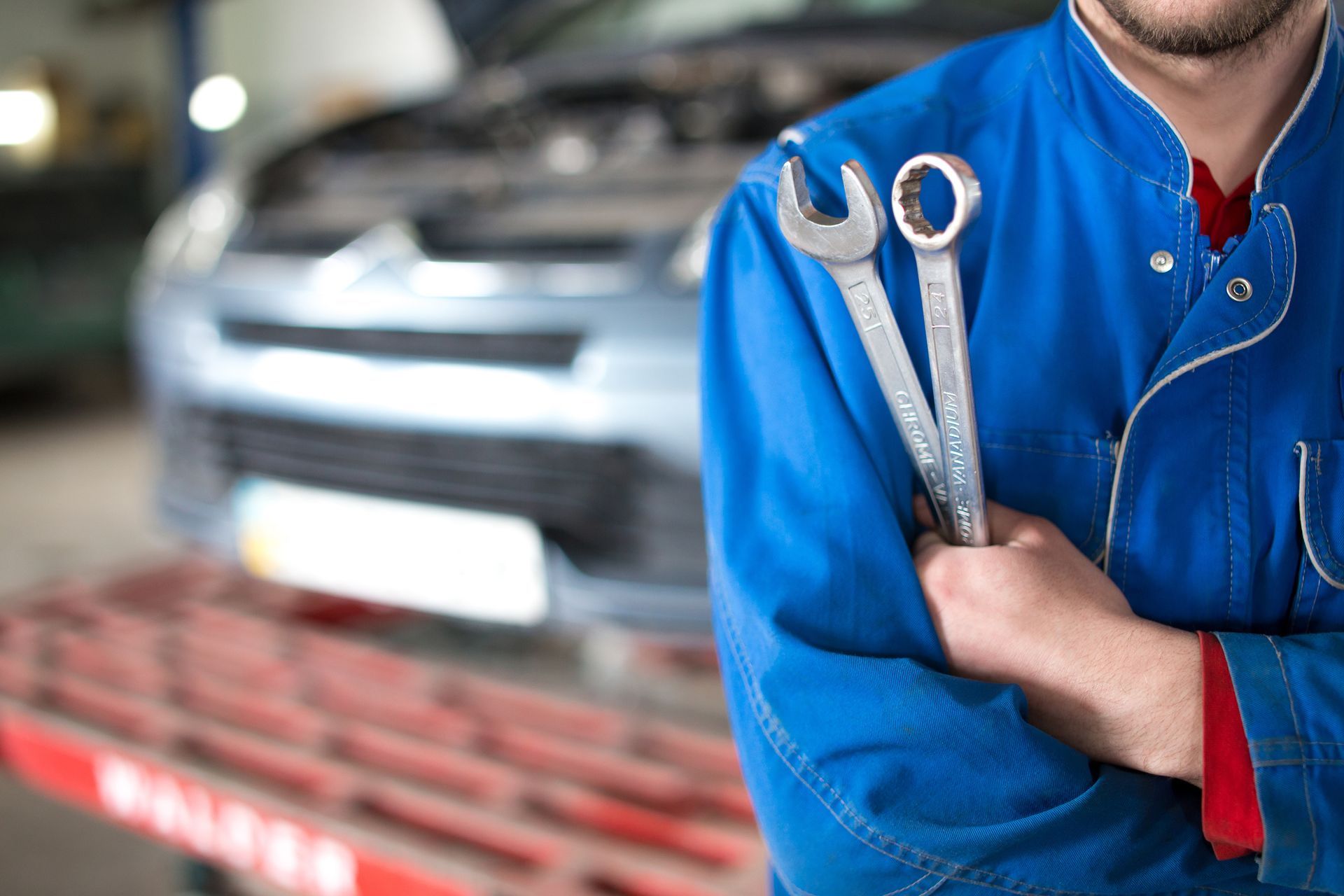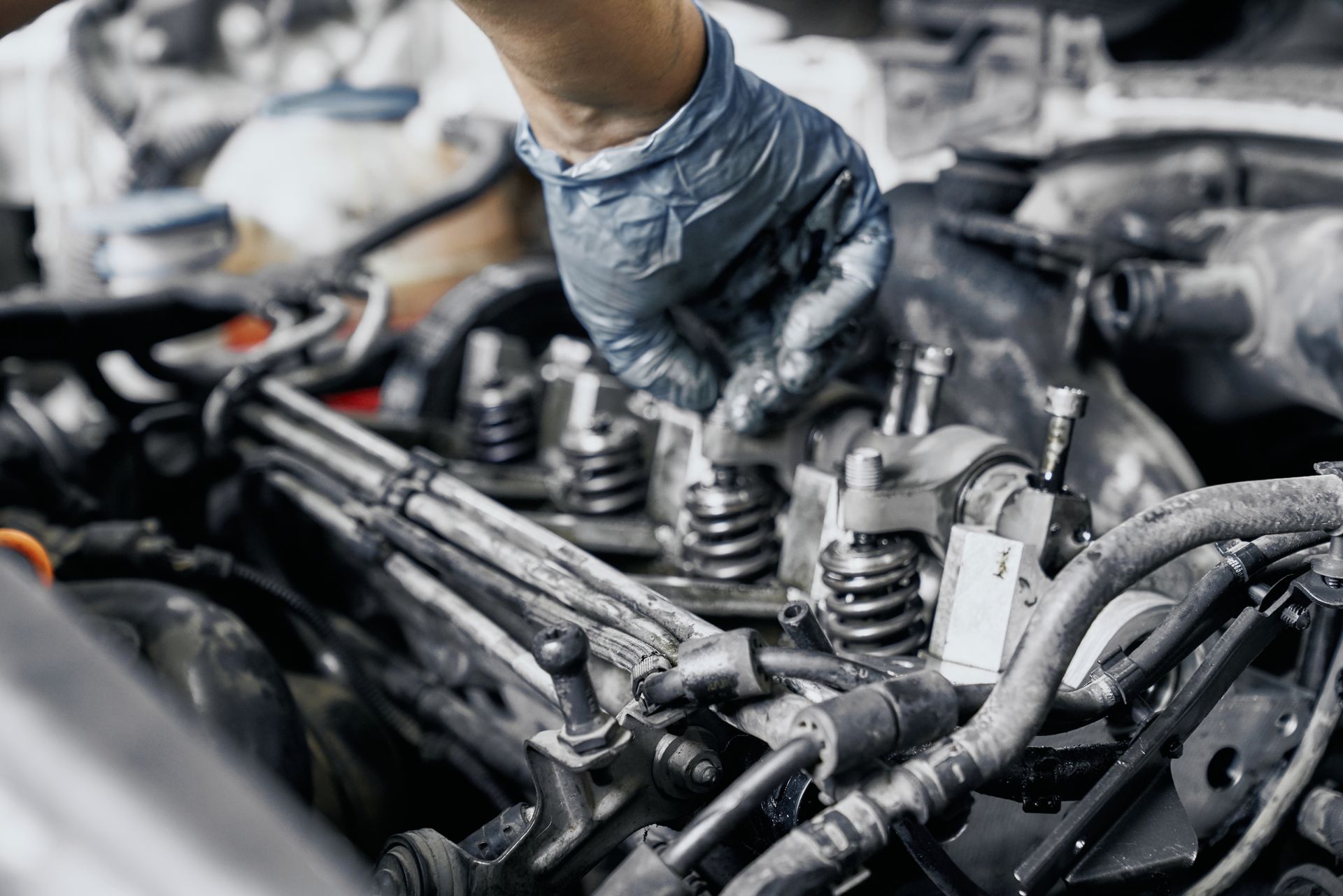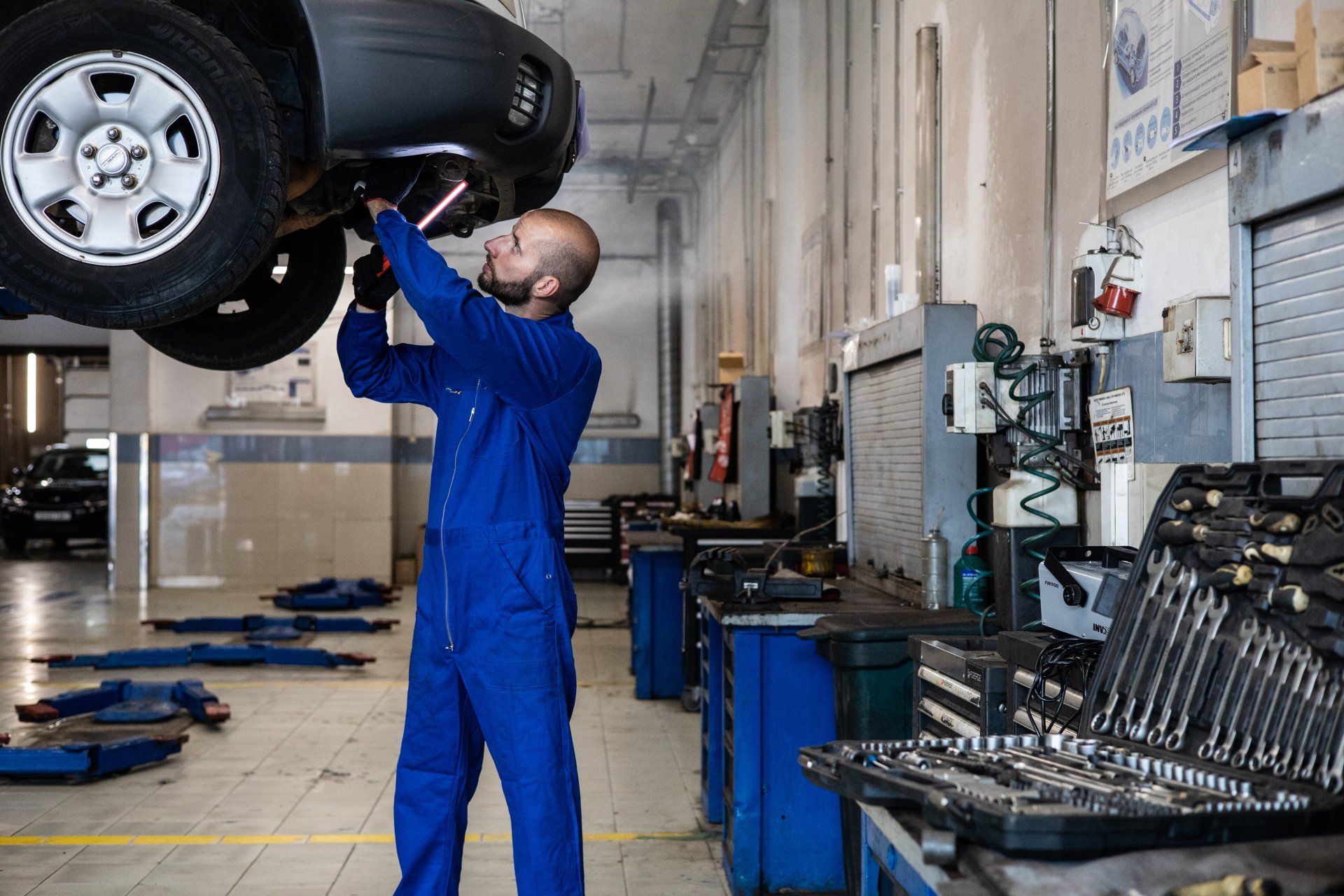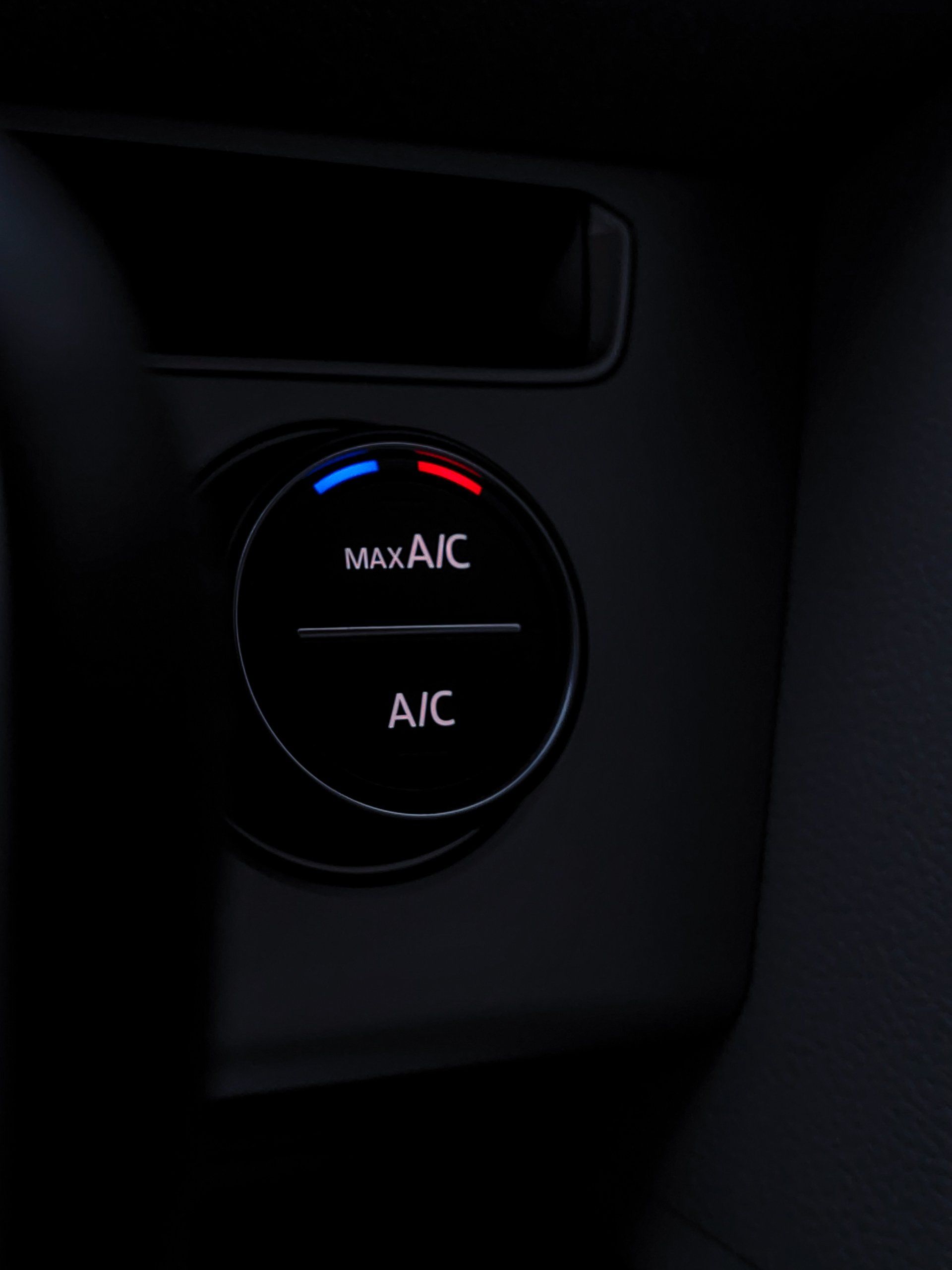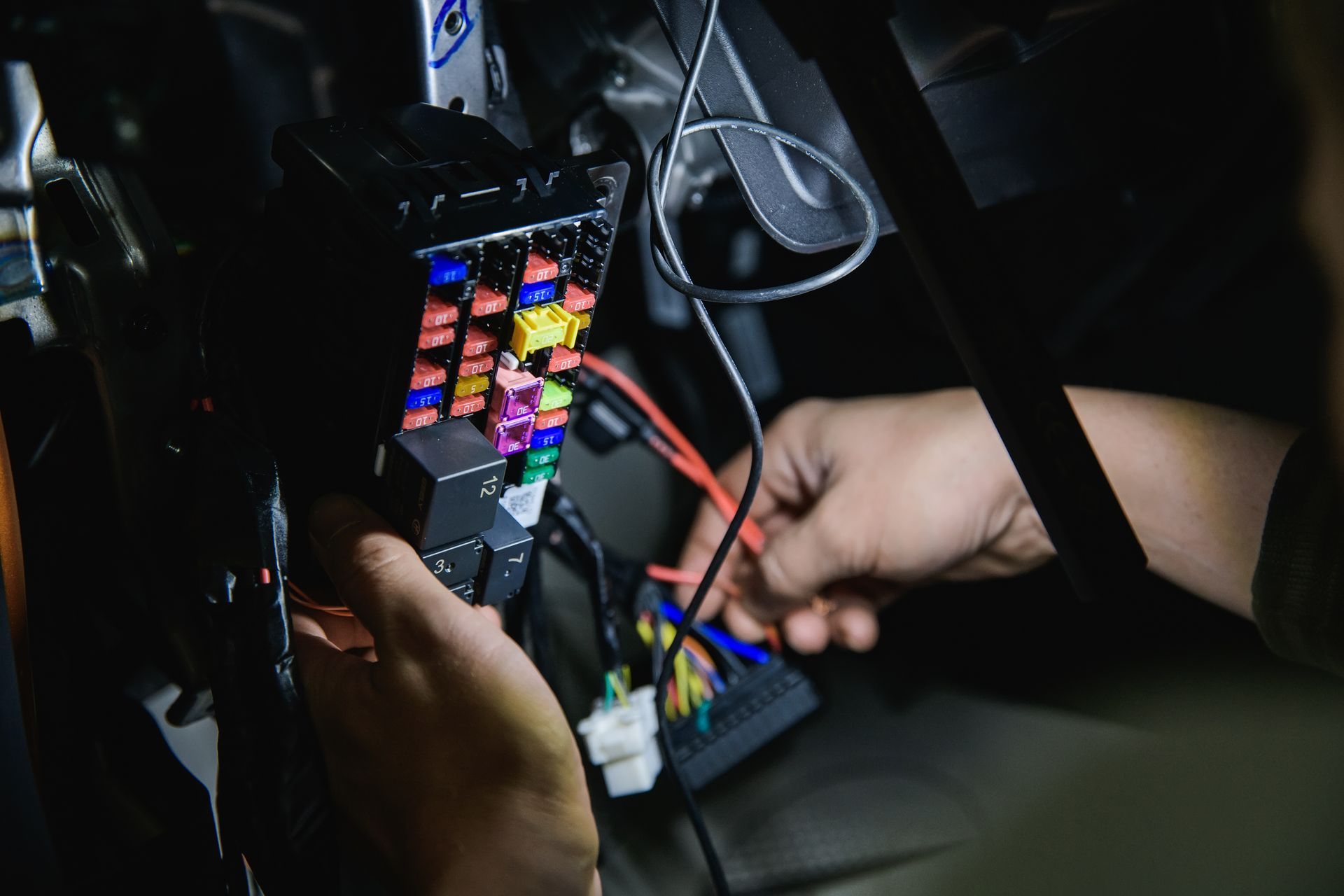What to Do If Your Car Overheats (And How to Prevent It)
An overheating engine is one of the most stressful and potentially damaging problems a driver can face. Whether it happens in the middle of traffic or during a summer road trip through Oregon, it’s a situation that demands quick thinking and calm action. At Willamette Automotive Care in Springfield, OR, we’ve helped countless drivers recover from overheating incidents and—more importantly—prevent them from happening again.
In this guide, we’ll break down exactly what to do when your car starts to overheat, why it happens, and the steps you can take to reduce your risk. Whether you’re commuting through Springfield or heading out on a weekend adventure, being prepared can make all the difference.
Step One: Recognize the Signs of Overheating
Before your engine hits its breaking point, it often gives you warning signs. Understanding these early symptoms is crucial for minimizing damage.
Common signs your car is overheating:
- Temperature gauge spikes into the red
- Steam or smoke coming from under the hood
- Strange smells (sweet, like coolant—or burning oil)
- Ticking or knocking sounds from the engine
- Dashboard warning lights for temperature or coolant
If you notice any of these indicators while driving around Springfield, OR, pull over safely and turn off the engine immediately.
Step Two: Take Action Without Causing More Damage
We get it—it’s tempting to pop the hood right away, but that’s not always the safest move. At Willamette Automotive Care, we coach our Springfield customers to stay safe first.
Here’s what to do:
- Turn off the A/C to reduce engine load.
- Turn on the heater. Yes, really. It draws heat away from the engine into the cabin.
- Safely pull over and shut the engine off.
- Wait 15–30 minutes before opening the hood to avoid burns.
- Check coolant levels once it’s safe, but only open the radiator cap when the engine is cool.
Adding coolant may help in a pinch, but if you're low on coolant, there's likely an underlying issue that needs professional inspection.
Why Your Car Might Be Overheating
Overheating isn’t just a summertime problem—it can strike any time your cooling system isn’t doing its job. As a trusted auto repair shop in Springfield, Willamette Automotive Care sees a range of common causes:
1. Low or leaking coolant
Coolant is essential for absorbing engine heat. A small leak or neglected reservoir can lead to major issues.
2. Malfunctioning thermostat
A stuck-closed thermostat prevents coolant from flowing, causing the engine to overheat quickly.
3. Faulty radiator or fan
If your radiator is clogged or your fan isn’t working, your car can’t shed heat efficiently—especially when idling.
4. Broken water pump
The water pump circulates coolant. If it fails, the system can’t move heat away from the engine.
5. Head gasket failure
This is one of the more serious issues and often shows up as white exhaust smoke or milky oil. It can lead to major engine damage if ignored.
At Willamette Automotive Care, our Springfield technicians use diagnostic tools to pinpoint the exact cause, so you’re not wasting time or money on guesswork.
How to Prevent Your Car from Overheating
The best way to handle engine overheating? Don’t let it happen in the first place. Preventive maintenance is your first line of defense, and it’s something we take seriously here at Willamette Automotive Care.
Our top prevention tips for Springfield drivers:
•
Check coolant levels monthly and top off with the correct mixture of antifreeze and water.
•
Schedule regular coolant flushes (we recommend every 30,000 miles or as specified by your vehicle’s manufacturer).
•
Inspect belts and hoses for cracks, leaks, or signs of wear.
•
Don’t ignore warning lights. A flashing temp light or low coolant alert is your engine’s cry for help.
•
Replace your thermostat and radiator cap every few years to ensure consistent performance.
•
Make sure your radiator fan works—especially before summer road trips.
These services are all part of our comprehensive cooling system maintenance plans at our Springfield location. We tailor our inspections based on your vehicle’s age, driving habits, and local conditions.
Don’t Let One Overheat Become a Bigger Problem
A single overheating incident can lead to warped cylinder heads, blown head gaskets, or even complete engine failure if it’s not addressed right away. That’s why, when drivers in Springfield, OR experience even one close call, they come to Willamette Automotive Care for a full evaluation.
Our team doesn’t just top off fluids and send you on your way. We investigate the root cause, whether it’s a slow coolant leak, a failing sensor, or a clogged radiator. We believe in solving the problem—not masking it.
Why Springfield Drivers Choose Willamette Automotive Care
We know you have options when it comes to auto repair in Springfield. What sets Willamette Automotive Care apart is our focus on education, transparency, and long-term vehicle health.
When you trust us with your cooling system, you can expect:
- Thorough diagnostics backed by years of experience
- Preventive service plans customized to your needs
- Honest feedback—no scare tactics, just the facts
- A team that genuinely cares about your car’s long-term performance
Whether you're driving a compact commuter, a diesel workhorse, or a hybrid SUV, we have the knowledge and tools to keep your vehicle cool and reliable, season after season.
Final Thoughts
Overheating can be alarming, but it’s not a death sentence for your engine—especially when you know what to look for and how to respond. More importantly, it’s often preventable with the right maintenance and care.
At Willamette Automotive Care in Springfield, OR, we help drivers stay ahead of costly repairs by focusing on the small stuff before it becomes the big stuff. If your engine has overheated, or if you just want peace of mind, we’re here to help with real answers and real solutions.
Let’s keep your car cool, calm, and cruising through Springfield and beyond.
